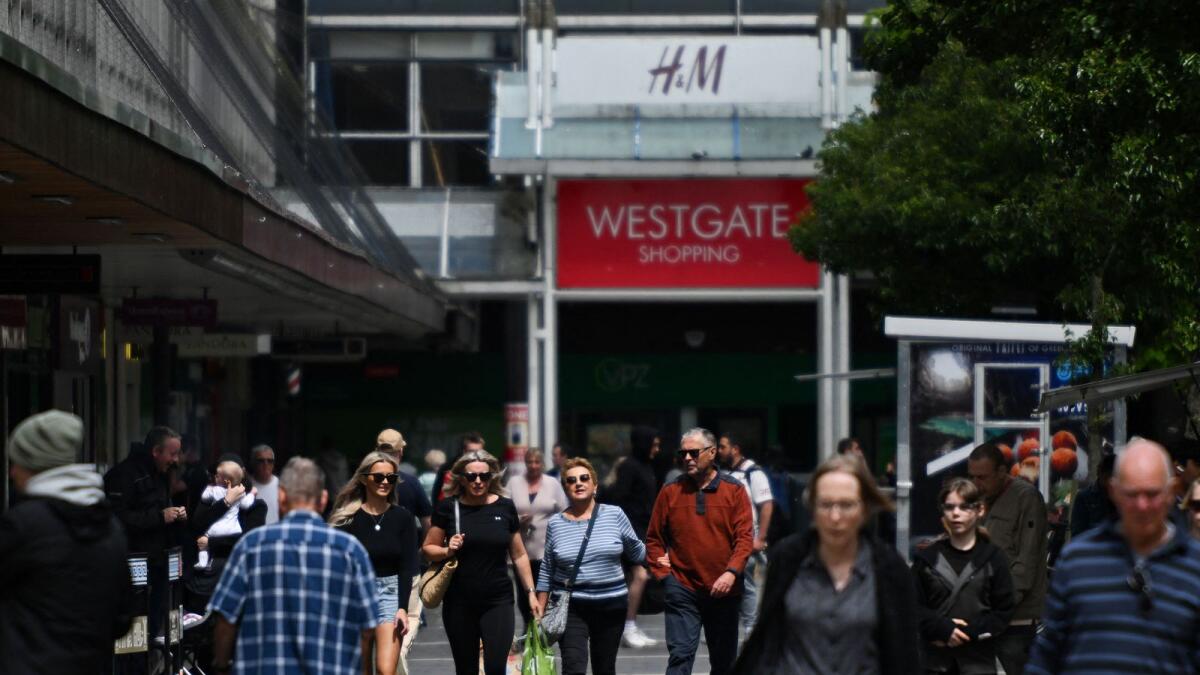British retailers continued to struggle in July, facing poor weather and weak trading conditions that hindered demand, according to the Confederation of British Industry (CBI). The CBI reported that the monthly retail sales balance plummeted to -43 in July, the lowest since April, after already dropping to -24 in June. Retailers predicted a slight improvement to -32 in August, but it would still be the weakest outlook since February. The distribution sector experienced a disappointing month in July due to a combination of unfavourable weather conditions and ongoing market uncertainty. Despite the anticipated downturn in sales volumes, some firms are hopeful for improved market conditions post-general election.
In June, official retail sales data showed a 1.2% decrease in sales volumes compared to May, largely impacted by unseasonably cool weather. High inflation also played a significant role in reducing shoppers’ purchasing power until recently, keeping overall sales volumes below pre-pandemic levels in February 2020. This weakness in retail stands in contrast to a somewhat brighter economic picture elsewhere, as wages are increasing faster than inflation and overall output rose by 0.4% between April and May. Economists have revised their growth forecasts for 2024 in light of this positive trend.
The CBI survey, conducted between June 27 and July 17 with responses from 49 retail chains, highlighted the ongoing challenges faced by British retailers. The month of July proved difficult for sales due to various external factors, leading to a negative outlook for August. Despite the predictions for improvement post-general election, the retail sector is still grappling with the aftermath of the pandemic and geopolitical uncertainty. However, the glimmer of hope lies in the overall economic growth and rising wages, indicating potential recovery for the retail industry in the coming months.
As the retail sector continues to navigate through challenging times, the impact of weather conditions, market uncertainty, and geopolitical factors cannot be understated. With sales volumes on the decline and weak outlook for the near future, retailers are hoping for a turnaround post-general election that could improve market conditions. While the current situation remains bleak for the industry, the overall economic landscape presents a more optimistic view with rising wages and growth in output. The balance between these contrasting factors will determine the future trajectory of the retail sector and its recovery from the pandemic-induced downturn.
In conclusion, the retail industry in Britain is facing another setback with poor sales performance in July and a bleak outlook for August. Factors such as unfavorable weather, ongoing market uncertainty, and high inflation have contributed to the challenging conditions for retailers. Despite the anticipated improvement post-general election and positive economic indicators, the road to recovery for the retail sector remains uncertain. As the industry grapples with these challenges, it will be crucial for retailers to adapt to changing consumer behavior and market dynamics to drive growth and resilience in the post-pandemic era. By embracing innovation and strategic planning, retailers can overcome these obstacles and emerge stronger in the evolving retail landscape.









